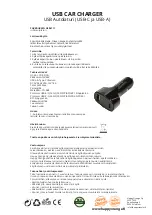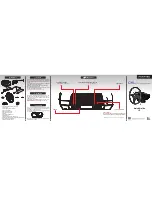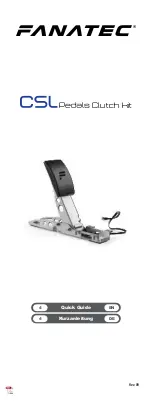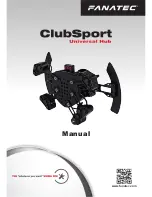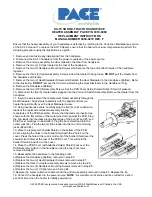
63
When re-fitting the stem, make sure the handlebars are correctly
aligned and tightened using the appropriate hex wrench or allen key.
Do not over tighten.
Test the security of the handlebar within the stem, and the stem
within the fork steerer tube, by clamping the front wheel between your
knees and trying to move the handlebar up and down, and from side
to side. The handlebar should not move when applying turning pressure.
Handlebars
The exact positioning of the handlebar is a matter of personal
comfort. For MTB bicycles, the bar should be approximately
horizontal, with the ends pointing back and slightly up. On BMX
bicycles, the handlebar should remain in an approximately upright
position but can be angled back or forward slightly for comfort. On
MTB and racing style bicycles, the handlebar is usually tightened in
the stem by a single allen key bolt or hexagonal bolt. On BMX style
bicycles there may be four clamping bolts.
Make sure, when setting the handlebars in the fork, that the curved
rake of the fork is angled to the front of the bicycle.
Please note that if you need to replace the forks in your bicycle at any
time, the replacement forks must have the same rake and the same
tube inner diameter as those originally fitted to the bicycle.
Never ride unless the handlebar clamping
mechanism has been securely tightened.
Make sure
handlebars and
fork are facing
forward
Note, curved rake of
fork faces forward
MTB Handlebar Assembly
Grip
Handlebar
Stem Bolt
Handlebar Stem
Stem Bolt Wedge
































